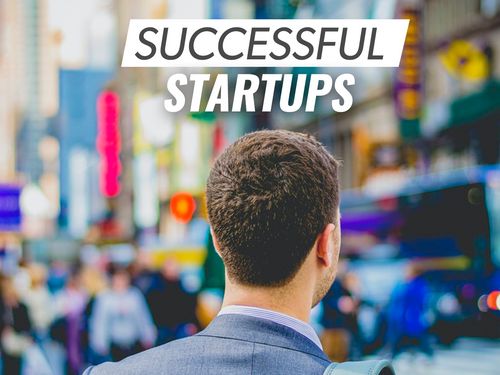What factors matter most for startup success?
Jan 04, 2022 · 2 mins read
0
Share

The great thing about the dynamic of a start-up is that if you take a group of people with the right equity incentives and organize them in a startup, you can unlock human potential like never before. You get them to achieve unbelievable things.
Save
Share
So why do so many startups fail? In 1995, Bill Gross founded Idealab – a startup studio based in California – which would launch over 100 companies in the next 20 years. Some succeeded, some failed, and there was a lot to learn about the reason why.
Save
Share
Gross looked at five factors: the idea, the team, the business model, the funding, and the timing. He rated top-performing companies and notable failures (including ones Idealab produced) to see what accounted for the most success and failure.
Save
Share
Timing was the most important factor, accounting for 42% of the difference between a triumph and a bust. Team and execution ranked second, while the idea (its originality and differentiability) ranked third.
Save
Share
Having a sound business model came fourth in the list of factors, as this can be adapted later down the line. Funding came last out of the five factors, since any business with traction can draw intense funding.
Save
Share
Take Airbnb as an example. People initially dismissed it, thinking nobody would let strangers into their homes. But an integral part of its success was the timing of its launch: in a recession, when people needed new sources of income. The same happened with Uber and its drivers.
Save
Share
Z.com, an online entertainment company started by Idealab, failed not because of its funding or business plan, but because it was too difficult to stream video content online back in the year 2000.
Save
Share
Two years after the closure of Z.com, streaming technology and internet service vastly improved across America just as YouTube launched – without a business model. The rest is history.
Save
Share
Ideas and execution are obviously important. But timing may trump them both. The best way to gauge if your timing is right is by carefully examining whether people are truly ready for what you're offering.
Save
Share
Be realistic about your potential market. Denial and 'Pollyanna thinking' about readiness kills businesses. If you're passionate about what you're developing and are prepared to do anything to make it work, be as honest with yourself as you can be about the timing variable.
Save
Share
0